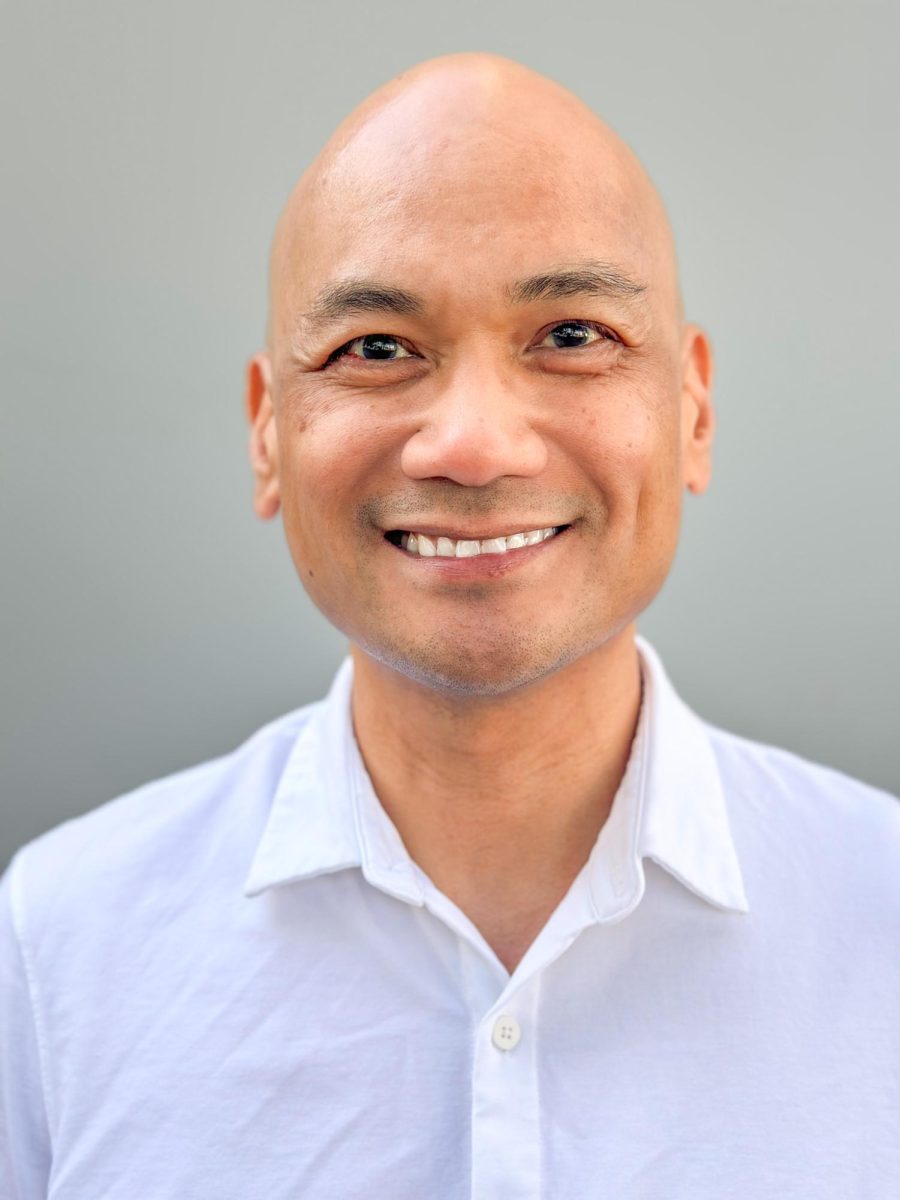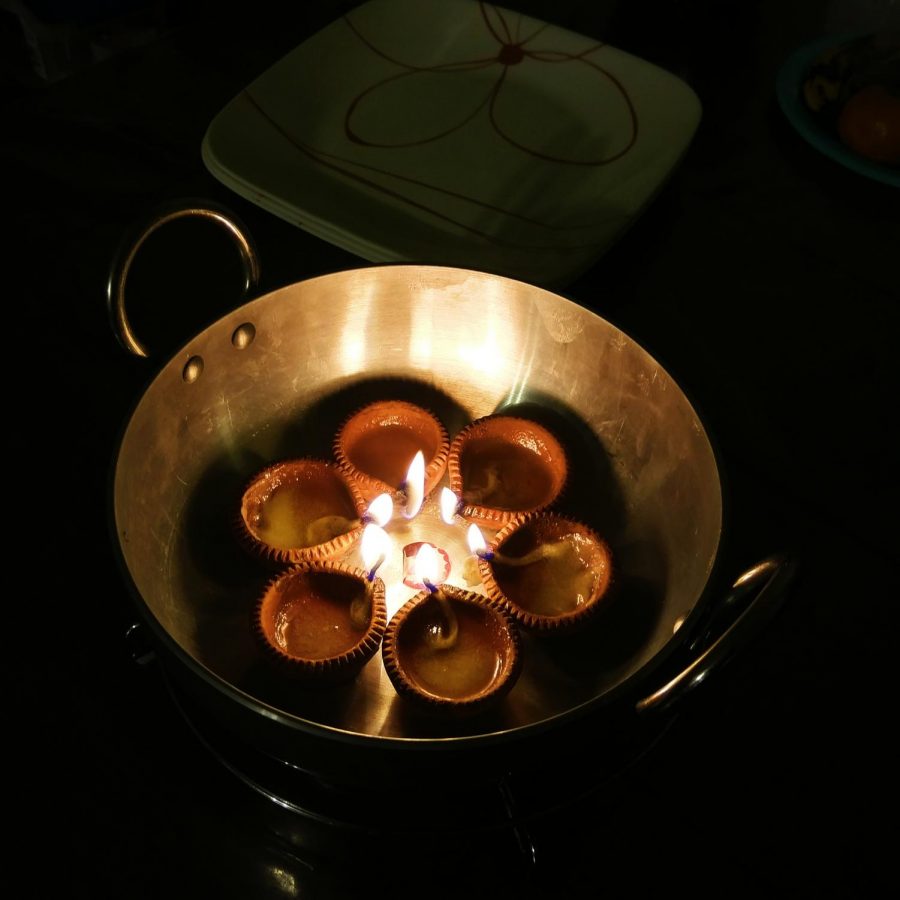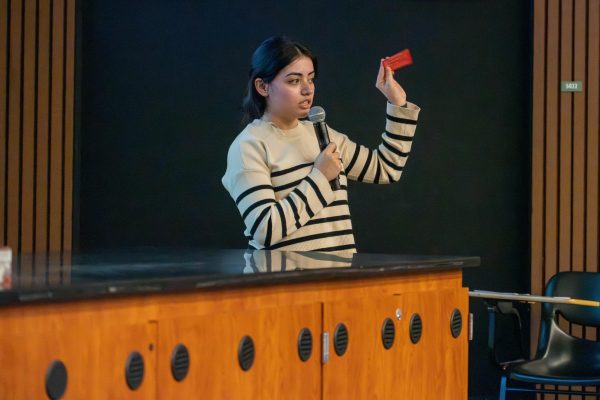Diwali and New Beginnings
The Diwali celebrations are officially over. The candles have gone out, the fireworks have gone off, and the dances and music have finally quieted, making way for the release of our bated breath and our new year. No celebration unites the South Asian community quite like Diwali: a festival of lights celebrated by not only Hindus; but also Sikhs, Buddhists, and Jains.
Public Diwali festivities are vibrant and long lasting, they start nearly a month before the actual day. Gujaratis, like me, celebrate Navratri by participating in Garba; dances with huge throngs of people that go on past midnight. Navratri and Dussehra occur in the ten days preceding Diwali and are marked by celebrations through the period — though the festivities continue long after they are over. On the day of Diwali, candles light up the night alongside fireworks.
My family’s celebrations have always been quiet; we buy some sweets, perform our yearly rituals. I pick flowers in the morning and place them next to our Gods at night. Carefully, I wash each metallic figure, and press each one dry so that they are new — and cleansed for a new beginning. My mother reads out of her book and I ring a little bell, or tend to the candles. We serve the Gods a mixture of milk and honey and sugar, nectar, before we eat it ourselves. By then we are all nearly asleep, but we remember to sweep our hands over the flames and bless our home — bless ourselves.
Growing up North Indian I learned only one story behind the yearly celebration. I know only of Ram, a man exiled to the forest, and his fight and defeat of Ravana, the ten-headed demon who kidnapped his wife. I was taught that the lights on Diwali were meant to welcome him home from his long exile, back to his kingdom, Ayodhya. So we paint our doorsteps, light up our lamps, and stay up all night — the rooms of our houses dark save the flickering of our candles.
we paint our doorsteps, light up our lamps, and stay up all night
But this is not the only story. Sikhs celebrate it as the day of Guru Hargobind’s release from prison. Jainism celebrates the Nirvana of Mahavira’s soul. In Buddhism, Diwali is the day Emperor Ashoka gave up his way of life for a life of peace. In every religion, the true significance of the day is different. But the underlying message is the same: South Asia celebrates Diwali, together, as the triumph of good over evil, and to welcome new, better beginning.
It is only fitting that the new year follows.


























































































